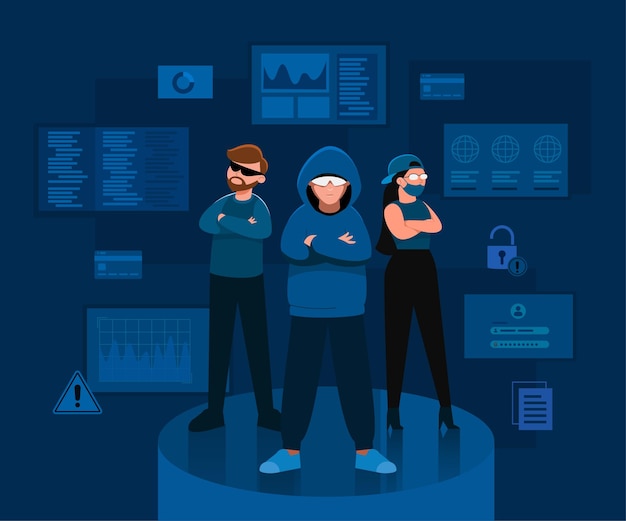
Issued by the Federal Trade Commission
Should you be lagging behind on your bill payments or a creditor erroneously deems you as such, you may be contacted by a debt collector. The Federal Trade Commission, America’s consumer protection body, enforces the Fair Debt Collection Practices Act. This legislation prohibits debt collectors from deploying any form of abusive, unfair, or misleading strategies while collecting debts.
The act broadly defines a debt collector as an entity routinely amassing debts owed to another party. Examples may include collection agencies, lawyers who regularly deal with debt collections, and companies purchasing defaulting debts in effort to gather them.
This article provides a question and answer session about your privileges as per the Act.
What are the types of debt encompassed under the Act?
The Act includes a series of personal, family, and household debts such as credit card debt, car loans, medical bills, and mortgage. But business-related debts aren’t covered by the Act.
Are debt collectors allowed to contact me anytime or anywhere?
No. Debt collectors cannot contact you during inconvenient hours or in unsuitable places, for instance before 8 AM or after 9 PM unless you allow it. Also, they should not contact you at work if they are informed that you are not permitted to receive calls there.
How can I stop a debt collector from contacting me?
If a debt collector reaches out to you, it could be beneficial to engage with them at least once to attempt resolving the issue. If you do not want any further communication, you can advise the collector in writing. To do this, simply write a letter, make a copy, and then send via certified mail (get a return receipt). After receipt, there should be no further communication apart from two exceptions: they may inform you of no further contact, or alert you about taking a certain course of action such as a lawsuit.
Can a debt collector reveal my debt to other people?
If you have legal representation concerning your debt, the collector should communicate with the attorney. In the absence of an attorney, collectors may contact others to find out your address, home phone number, and workplace.
What information is a debt collector required to provide about my debt?
Every collector has to send you a written “validation notice” within five days of initially reaching out to you, with detailed information about the debt and the creditor.
What conduct is considered illegal for debt collectors?
Harassment and false statements by collectors are strictly prohibited. For instance, they cannot use obscene language, make threats of violence, or consistently call someone to annoy them. They also cannot lie to collect debt, such as making false claims of being attorneys or government representatives, indicating false amounts owed, etc.
Can I decide which debts my payments should be applied to?
Absolutely. If a collector is trying to collect multiple debts from you, any payment you make must be applied to the debt you designate.
Can a debt collector garnish my bank account or wages?
If you neglect to pay a debt, a creditor or its collector can generally file a lawsuit against you. Wage garnishment, which is your employer withholding part of your earnings to cover your debts, can generally only happen due to a court order.
Can federal benefits be garnished?
There are several federal benefits that are excluded from garnishment. However, these benefits may be garnished under particular circumstances, such as payment of delinquent taxes, alimony, child support, or student loan debts.
What should I do if I think a debt collector has breached the law?
You are within your rights to file a lawsuit against this collector in a state or federal court.
What course of action should I take if a debt collector sues me?
If a debt collector proceeds with a lawsuit against you, be sure to respond to maintain your legal rights and make use of any debt help resources that are accessible to you.
Where can I report an alleged infringing debt collector?
You can record any difficulties with a debt collector at your state’s Attorney General’s office or the Federal Trade Commission.
For more detailed information, please see the FTC’s resources or visit MyMoney.gov, a U.S. government hub for financial education.


